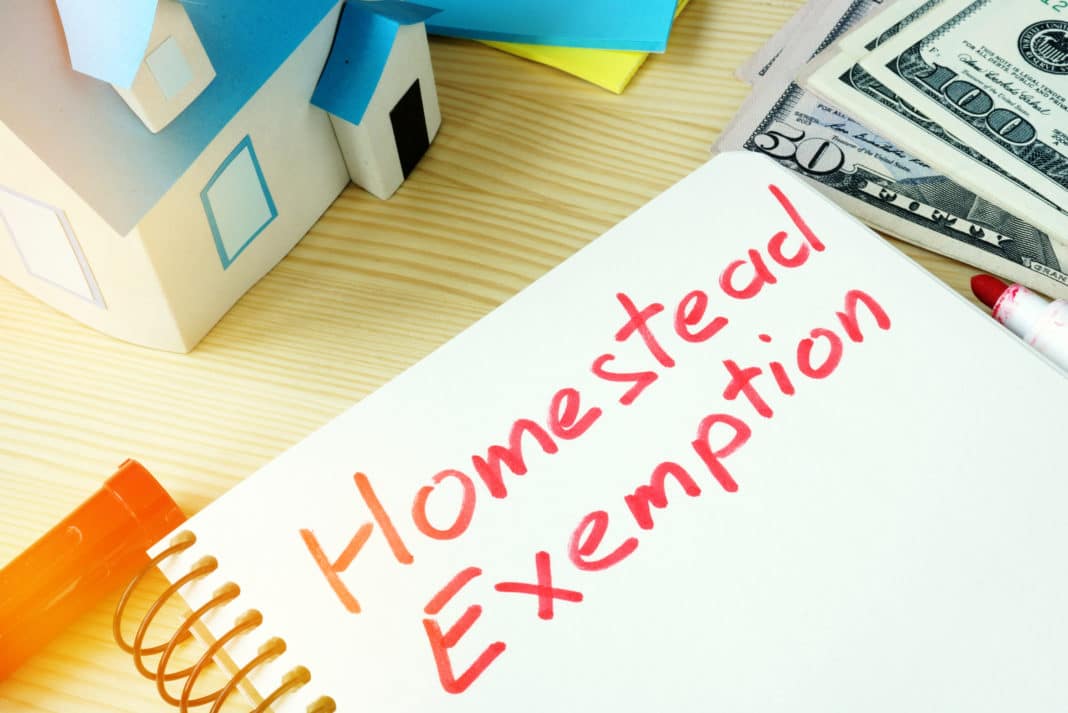Homestead Exemption: What Texas Homeowners Need to Know

We know that owning a home is one of the most expensive assets you have. Between unexpected repairs, your mortgage, home insurance, and property taxes, owning a home can really add up. Luckily, Texas homeowners can take advantage of the homestead exemption to save some cash.
Here we answer some common questions surrounding the homestead exemption and what you should know when it comes to tax time.
What is a homestead exemption?
Simply put, the homestead exemption is a law that waives a certain dollar amount or a percentage of your home’s value from your property taxes. This helps to protect the value of your home.
For example, if your home is valued at $175,000, but you get a $25,000 homestead exemption, you would only have to pay taxes on $150,000, saving you money.
How does it work in Texas?
All Texas homeowners may receive a general residence homestead exemption on the value of their property when filing for school taxes. There are other tax exemptions available to homeowners who are either disabled and/or are over the age of 65 years old.
Do I qualify for the Texas homestead exemption?
Every homeowner must meet the following requirements to qualify:
- You must have owned your home as of January 1 of the year you are filing taxes for.
- I.e; you owned your home on January 1, 2019, for the 2019 tax season.
- You must reside in the home as your primary residence.
- The property must be a townhouse, a single-family home, a condominium, or any other separate structure as long as you live in it.
- The homestead can include up to 20 acres of land.
- You have to be an individual owner, meaning the residence is not owned by a corporation or any other type of entity.
Do you have any questions on if you qualify for the homestead exemption in the state of Texas? Our team at 4809 Realty is here to answer any and all questions for you, so
contact us today!





